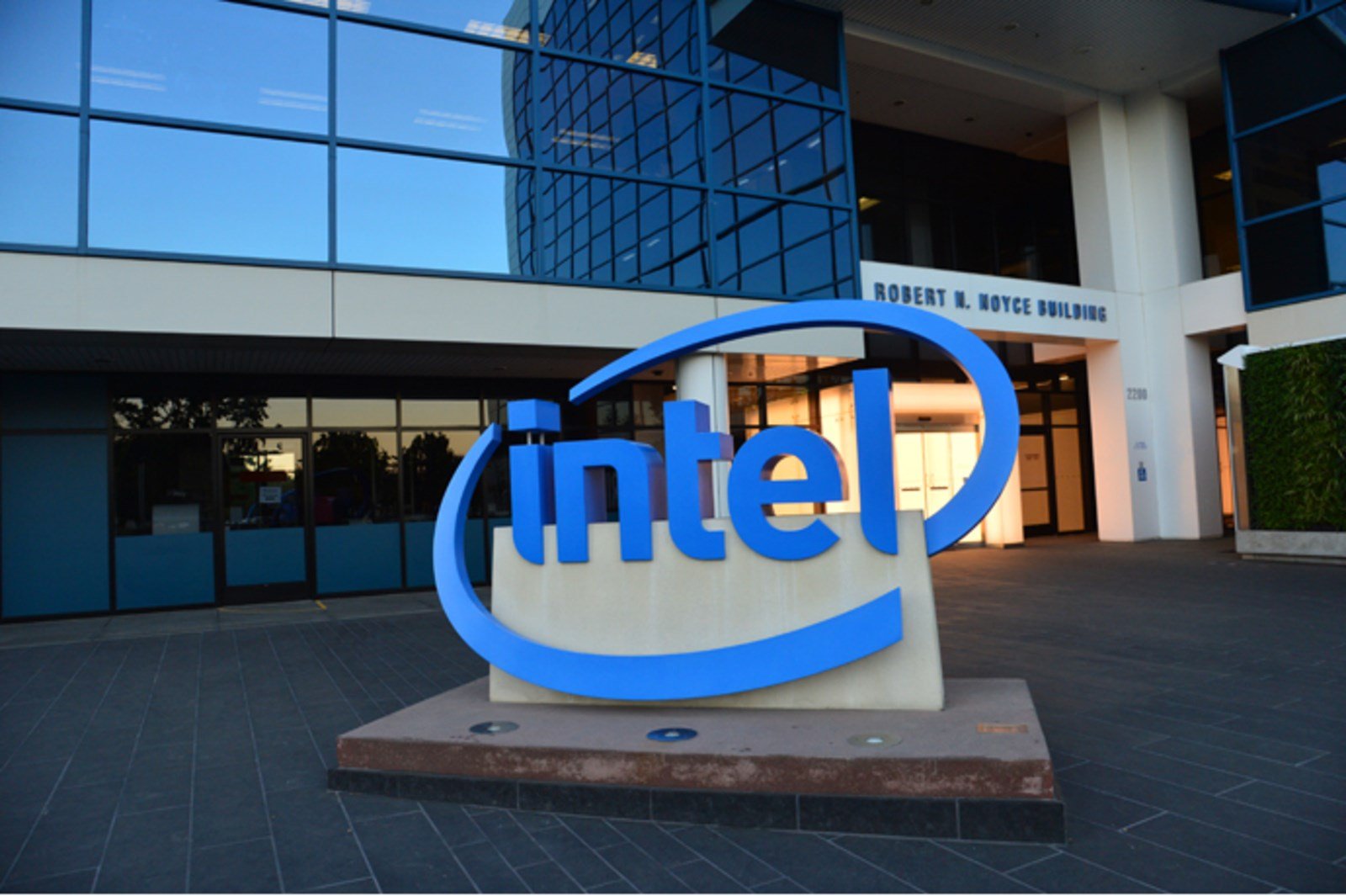Intel invests in EU, fuels chips race with Asia
Intel seeks to expand its investments in Europe as Asia takes an even bigger chunk of the chip market in light of reluctance from the US and the EU.
-

Intel headquarters
US chip giant Intel said Tuesday it had plans to invest tens of billions of euros in the European Union as the bloc's member states want to reduce their reliance on Asia for semiconductors amid an international shortage.
According to the firm, the project would boost the entire production process, intensifying research of new technologies and upping the manufacturing and packaging of semiconductors. Intel also revealed that it could be a costly $87.9 billion over the next decade.
The production of chips has become a point of interest for Europe and the United States amid a shortage sparked by the economy taking off again after a hiatus during the COVID-19 pandemic amid strict lockdowns.
The European Union kicked off the year by passing the Chips Act, a 43-billion-euro plan to boost chip production on the continent due to their importance. Chips are used in computers, electric vehicles, wind turbines, and many other technologies, as they are an integral part of running software.
European Commission President Ursula von der Leyen said Intel's announcement was the bloc's "first major achievement" under the Chips Act.
Intel's prospects for investment include many EU member states, from Spain to Poland, and its CEO claimed that the plans were to address "the global need for a more balanced and resilient supply chain."
Semiconductors were "more critical than ever" and were the "brains powering essential digital technologies", Intel CEO Pat Gelsinger told a press conference.
Intel's plans include building a "landmark mega site" in Germany, which would cost some 17-billion-euros, and it is set to begin building it in the first half of the next year, while production is scheduled for 2027.
As part of its package, the American group will also expand its lab capacity in Poland and develop joint centers with the Barcelona Supercomputing Center in Spain.
Global chip shortages and supply chain bottlenecks have affected the automotive, healthcare, and telecom industries, among others.
According to analysts, a shortage of microchips in manufacturing processes in the US cost the country's economy $240 billion last year, with electronics companies bearing the brunt of the impact.

 2 Min Read
2 Min Read








